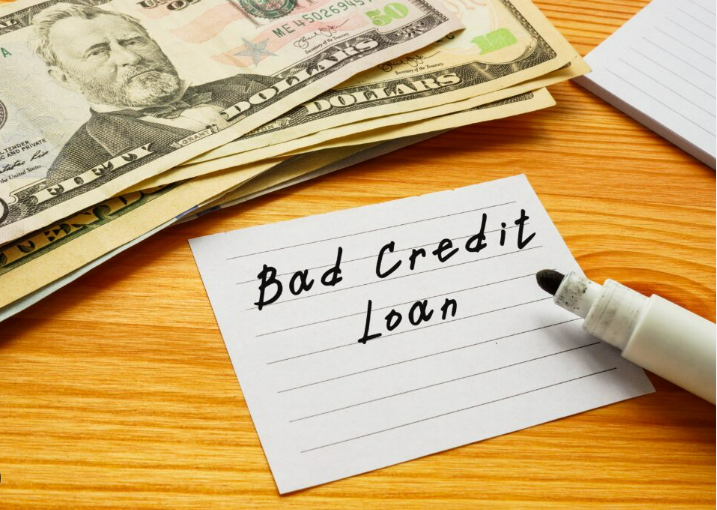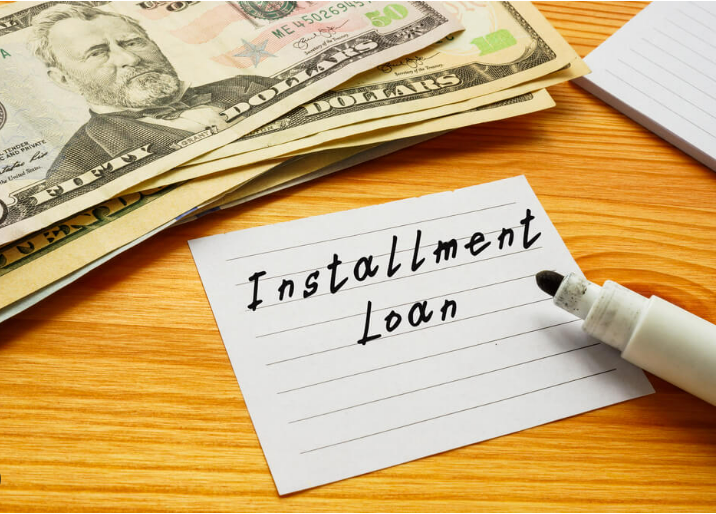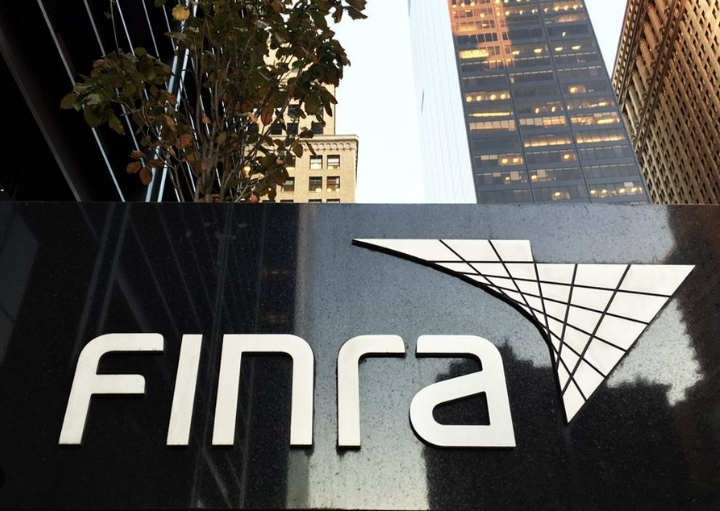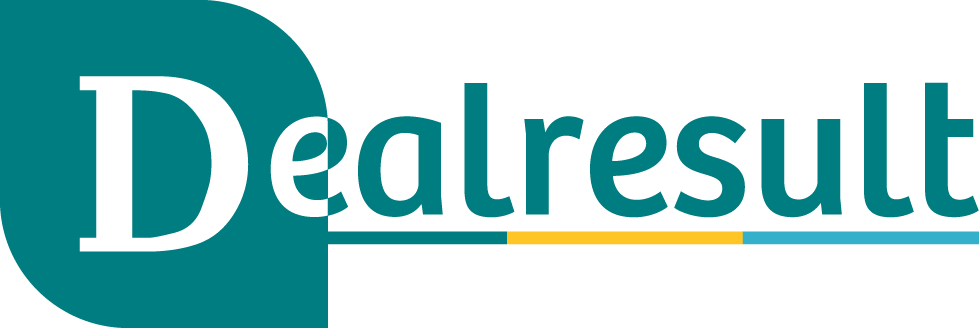All You Need to Know about Bad Credit Personal Loan

Securing a loan with bad credit can be difficult, but there are many lenders willing to provide loans to individuals with poor credit, albeit with higher interest rates and payments.
Before applying, it’s essential to understand how bad credit personal loans work and what costs you might incur. Be cautious of predatory lenders; recognizing their tactics can help you avoid being taken advantage of.
What is a bad credit loan?
A bad credit personal loan is designed for borrowers with FICO scores below 580, though some lenders consider scores in the low-600s to be poor. These loans can provide funds for those who need financial assistance despite having a history of credit issues.
How does a bad credit loan work?
The key difference between a bad credit personal loan and other personal loans is the typically higher APRs and fees associated with bad credit loans. Aside from this, they function similarly: you receive the full loan amount upfront and repay it, along with a fixed interest rate, in monthly installments over a period of one to seven years.
What to consider when getting a bad credit loan
Bad credit personal loans come with several risks. They tend to be more expensive due to higher interest rates and additional fees. Additionally, you might face restrictions on the loan amount you can borrow and the repayment period available.
Bad credit loans cost more
A low credit score indicates to lenders that you may have struggled with missed payments or loan defaults in the past, making you a higher risk. As a result, lenders often charge higher interest rates to compensate for this risk, with bad credit personal loan rates potentially reaching up to 35.99% or more.
Higher interest rates lead to larger monthly payments and greater overall interest costs over the life of the loan. Additionally, you might encounter elevated origination fees, which are typically deducted from your loan funds. This means you’ll receive less money to use while still paying interest on the full loan amount.
You may not be able to borrow as much
Lenders often impose limits on the amount they will lend to borrowers with bad credit. This is because individuals with a history of credit issues are considered more likely to default on their loans. By capping the loan amounts, lenders aim to minimize their potential losses.
Your term will likely be shorter
If you have a poor credit history, you might not qualify for the longest loan term available. Lenders of bad credit loans often prefer shorter repayment periods to reduce the risk of default. Be sure to use a personal loan calculator to ensure the payments fit within your budget.
How do you avoid predatory bad credit loans?

People with poor credit are often targeted by financial predators. To avoid falling victim to predatory lending, be vigilant and take the following precautions:
- Did the lender contact you unsolicited? Always initiate contact with lenders yourself. If you start receiving unexpected calls or emails about bad credit loans, you might be dealing with a scam.
- Is the lender requesting upfront fees? Legitimate lenders do not charge fees before funding your loan. Any fees should be collected at the time of loan disbursement.
- Is the lender reputable? Verify that the lender is registered to do business in your state, has a physical address, and maintains a secure website. Check the Consumer Financial Protection Bureau’s (CFPB) complaint database for any negative actions against the lender.
- Does the lender offer “guaranteed approvals?” No lender can guarantee approval without reviewing your financial information. If they promise guaranteed approval, they are likely not legitimate.
- Does the lender impose prepayment penalties? Review the loan terms for any prepayment penalties. While not necessarily a scam, these penalties can be problematic if you want to refinance or pay off the loan early.
- Are you feeling pressured to accept the loan? Never accept a loan under pressure from a salesperson. Reputable lenders will explain the benefits and how the loan can help your financial situation. Pressure tactics are a warning sign of predatory lending practices.
In Conclusion
Bad credit personal loans often come with high APRs and fees. Before opting for one, explore less expensive alternatives. If you’re struggling to get approved for other loans and need immediate cash, a bad credit loan might be a viable option, but it should be part of a broader plan to improve your credit and financial health over time.
If you’re unsure about a loan program, consult with a credit counselor before making a decision. Should you decide that a bad credit loan is your best option, compare rates, terms, and fees from different lenders to secure the most favorable deal.
MORE FROM dealresult.com












